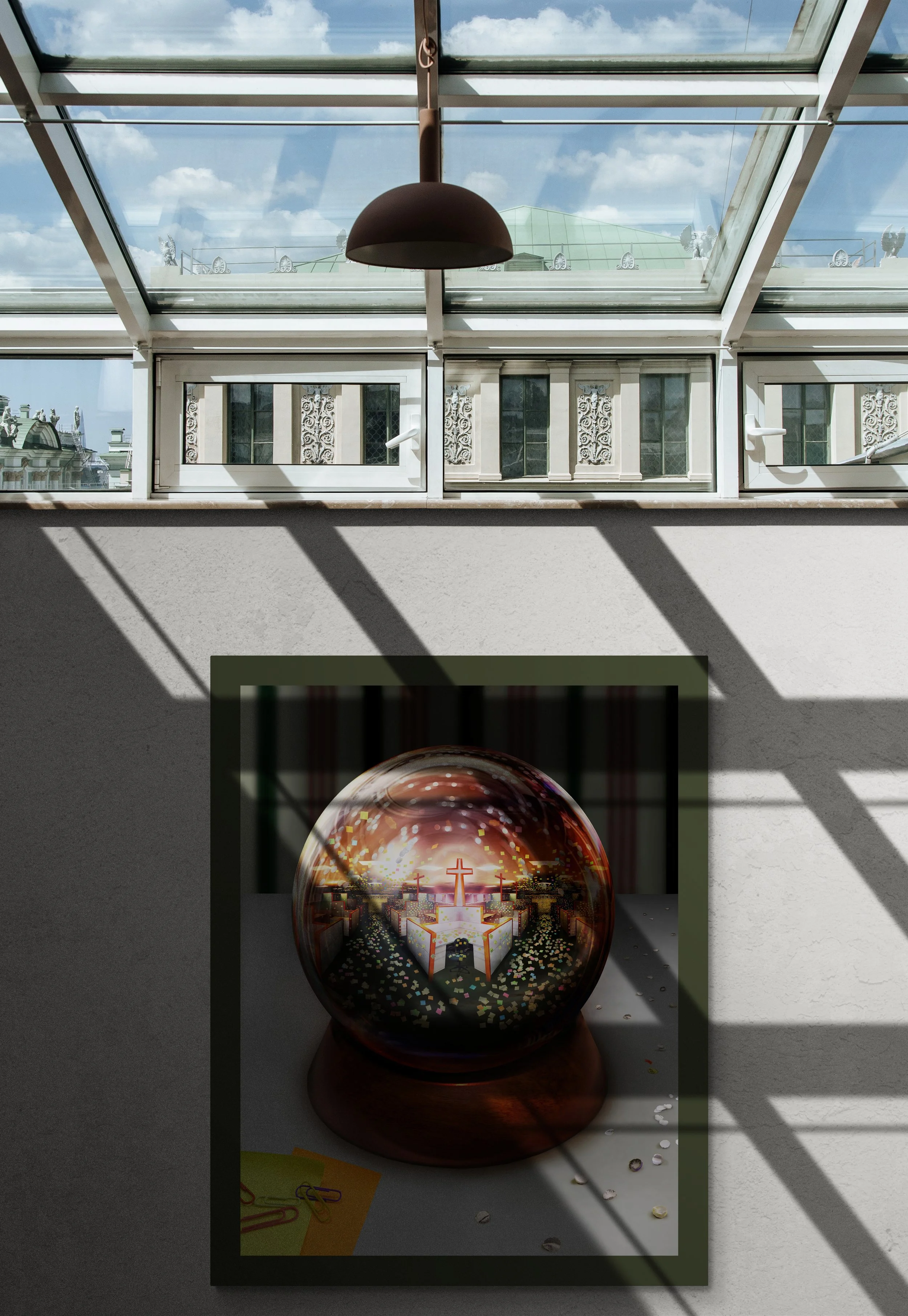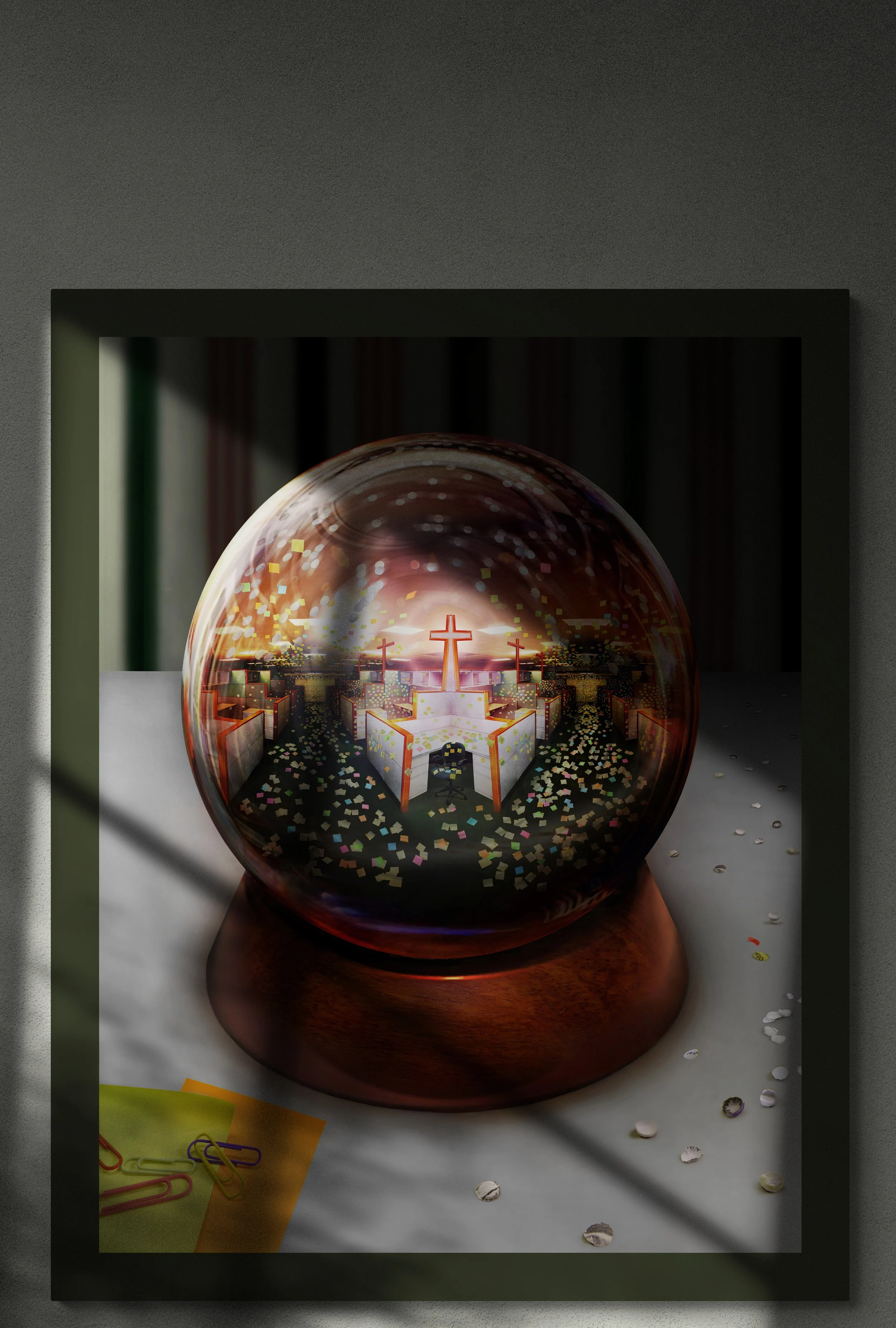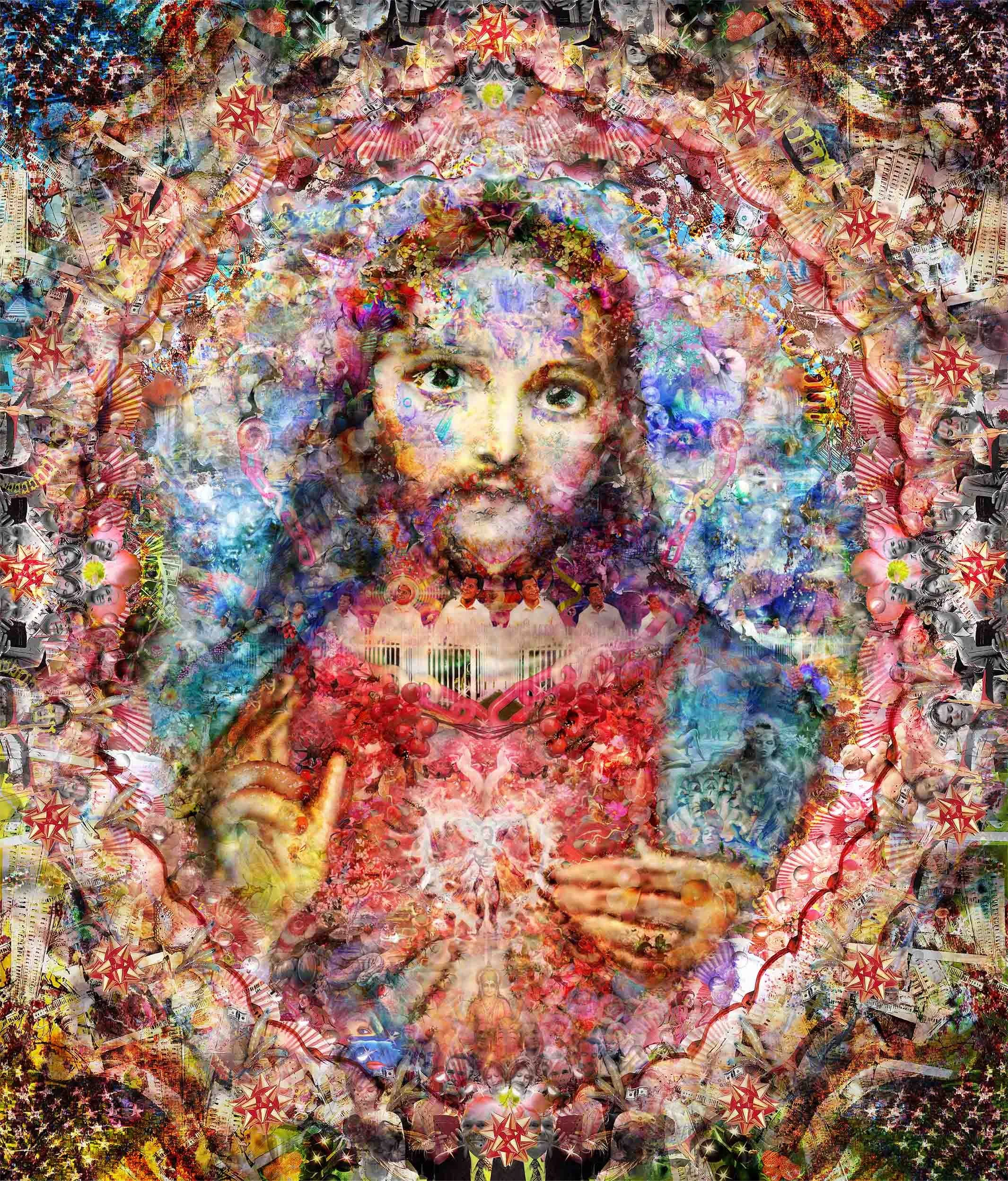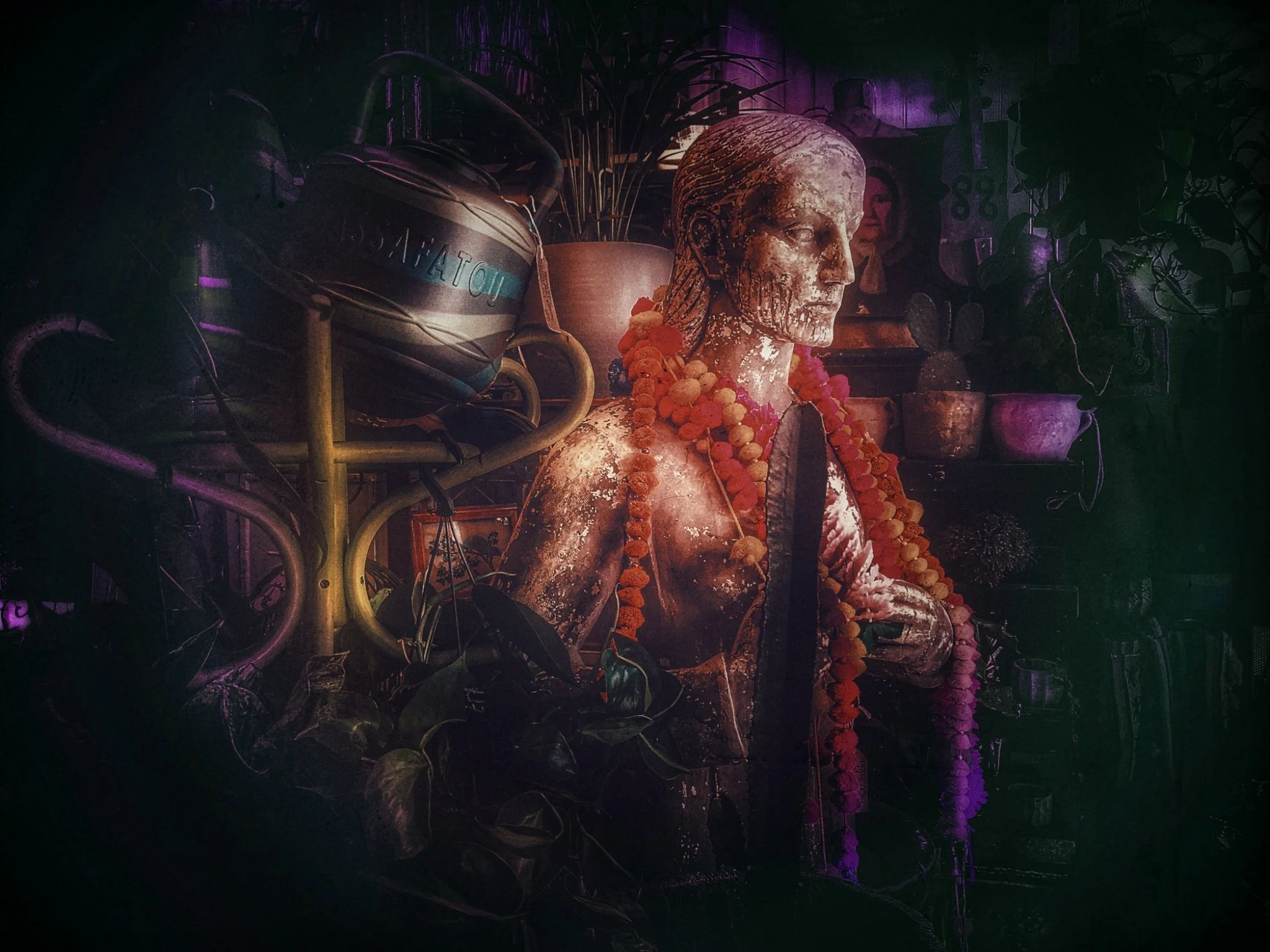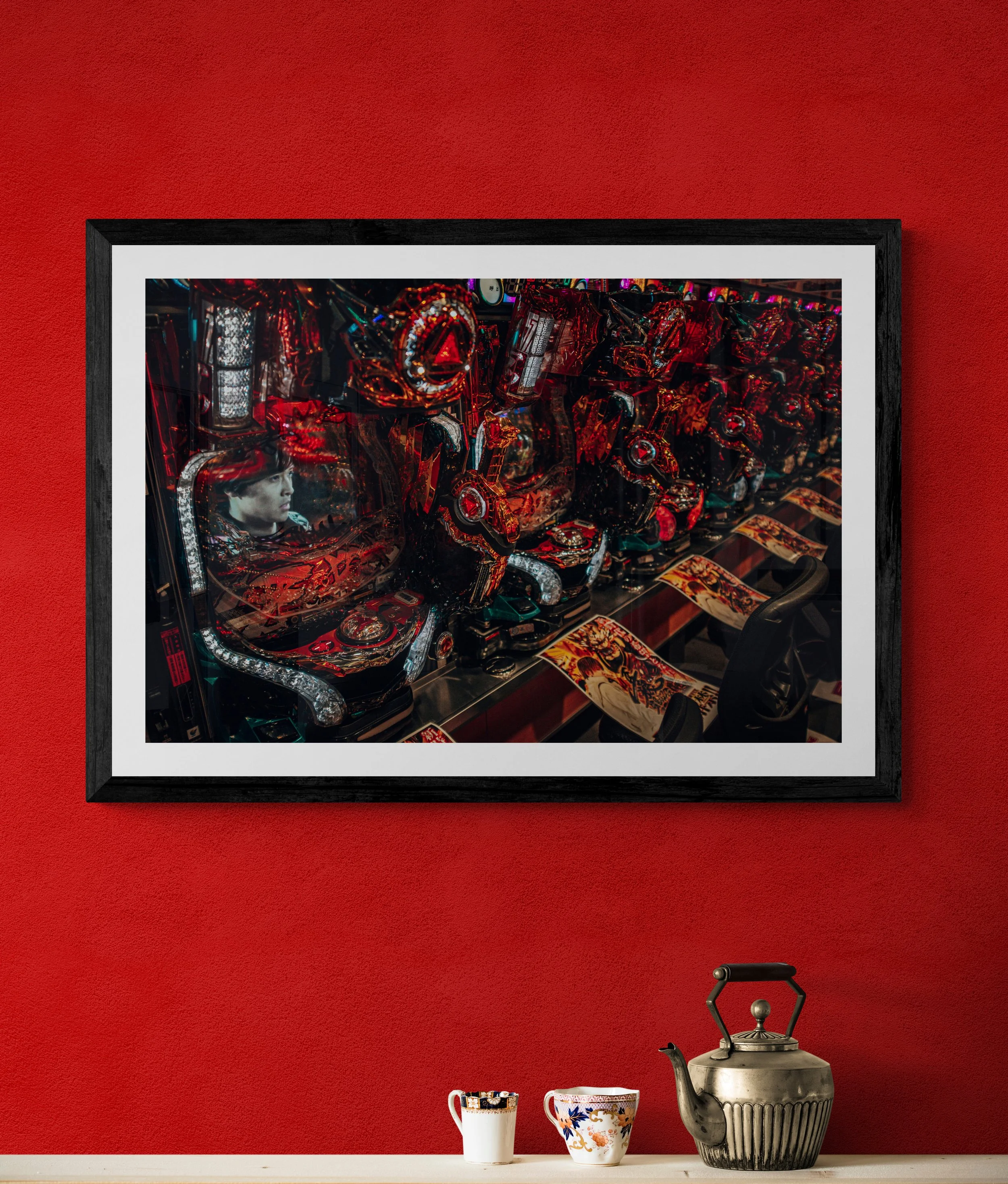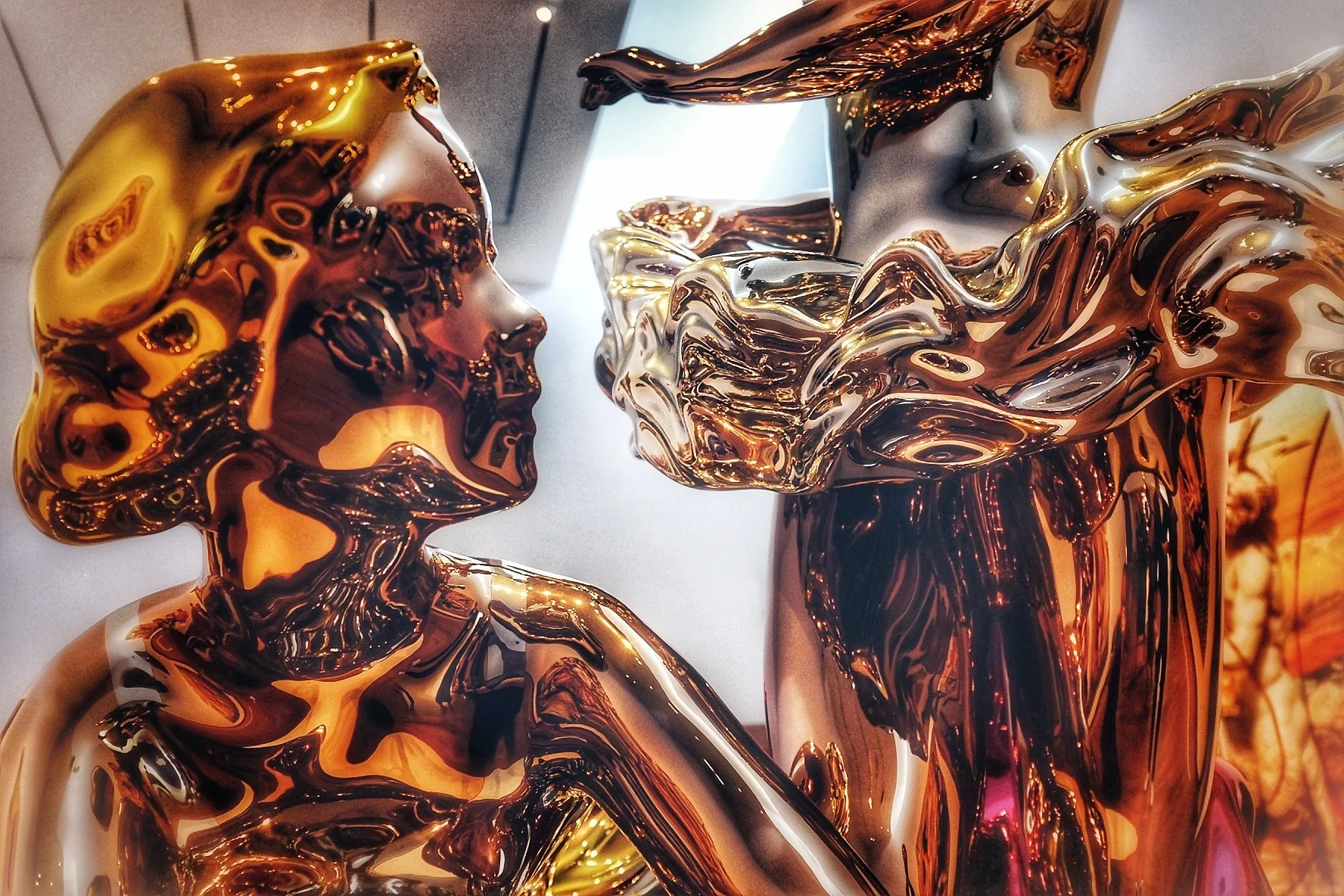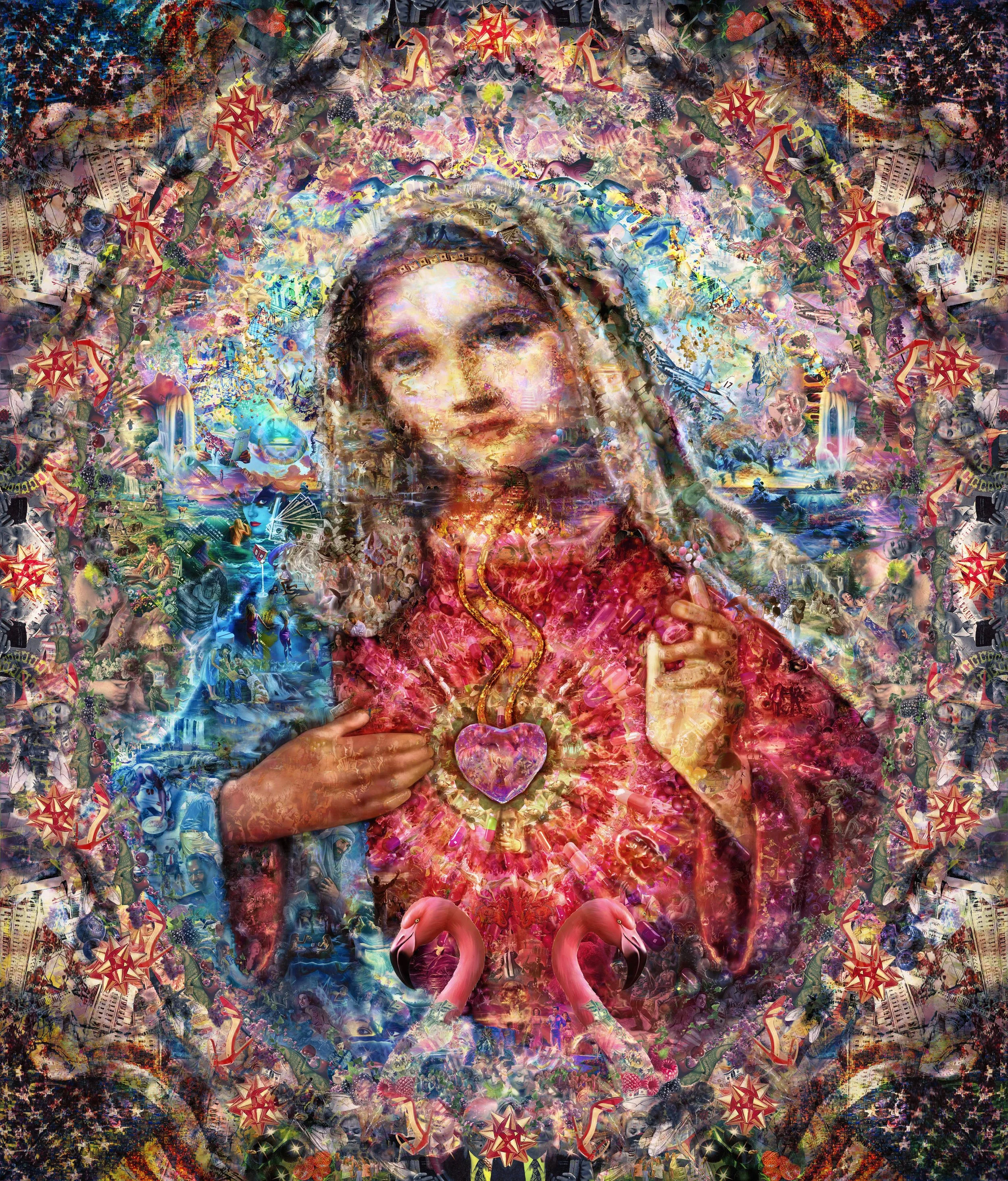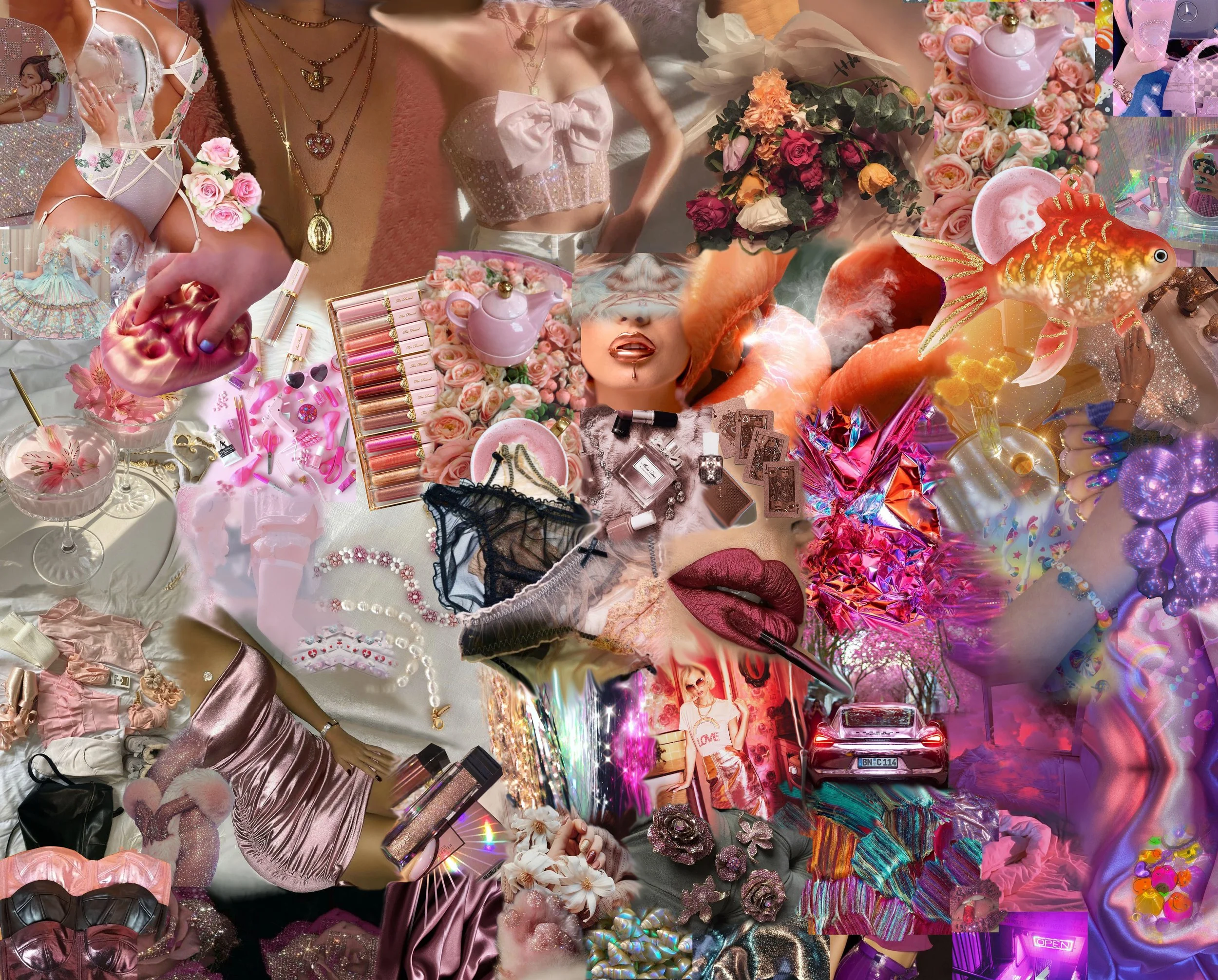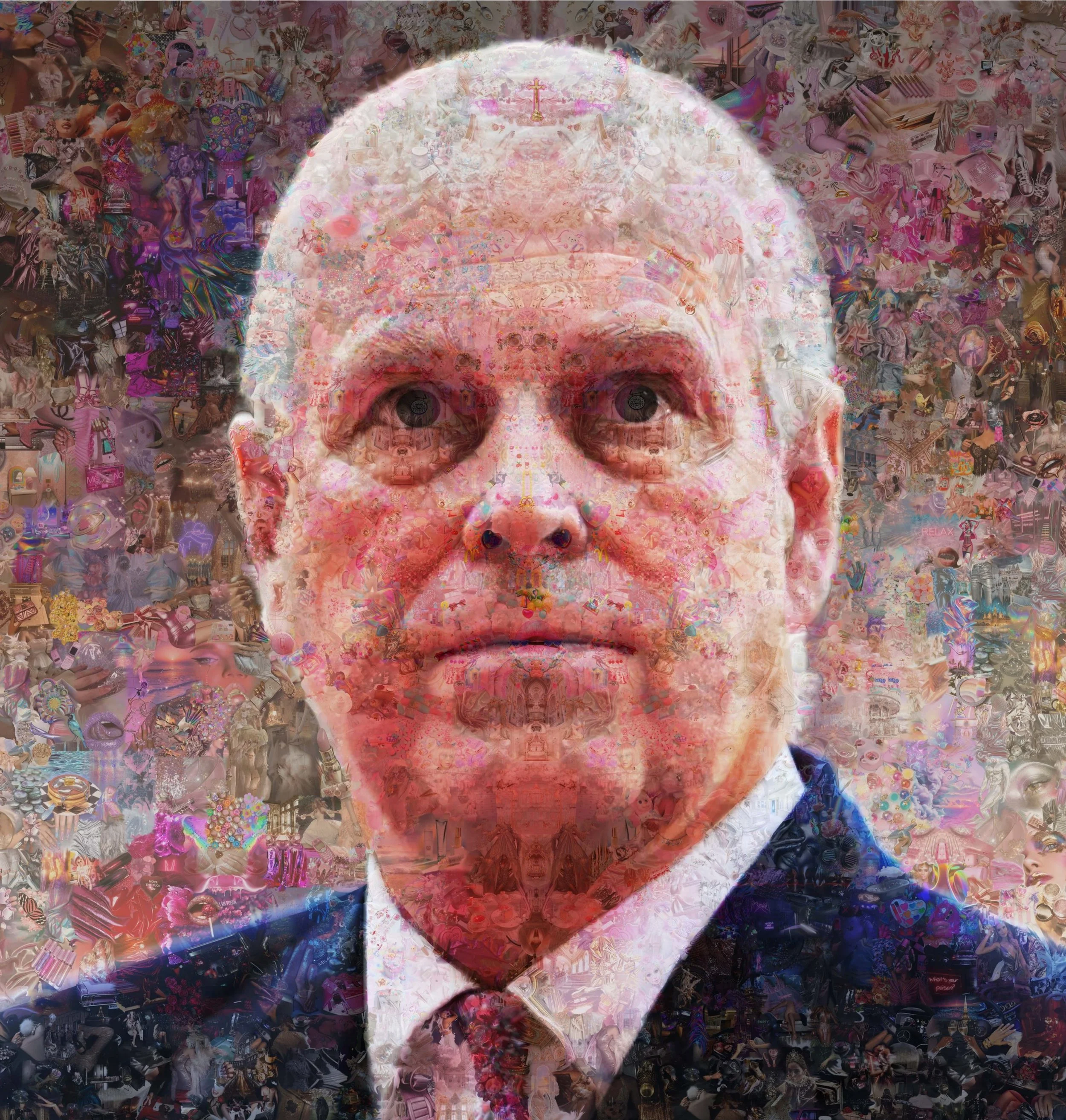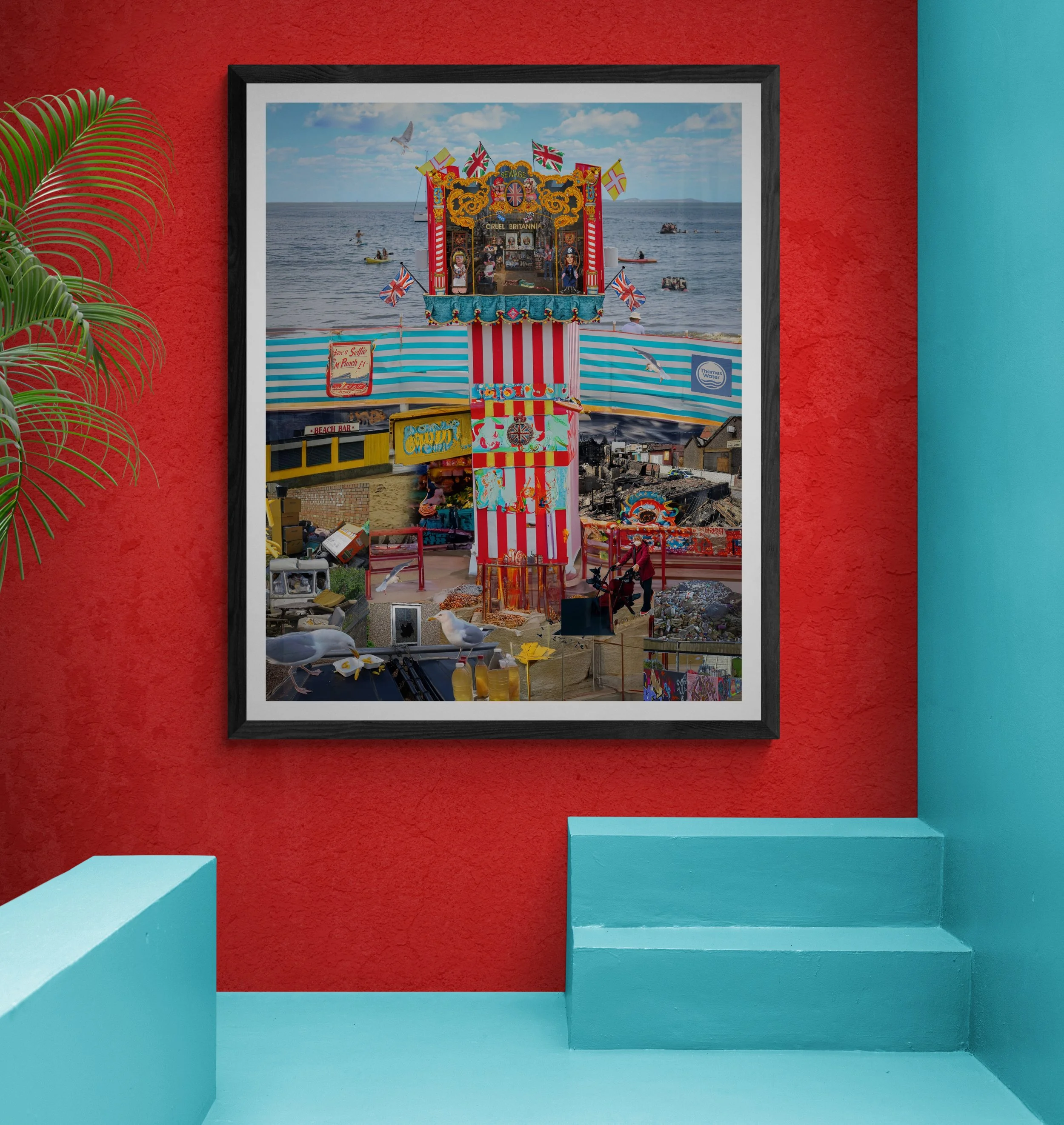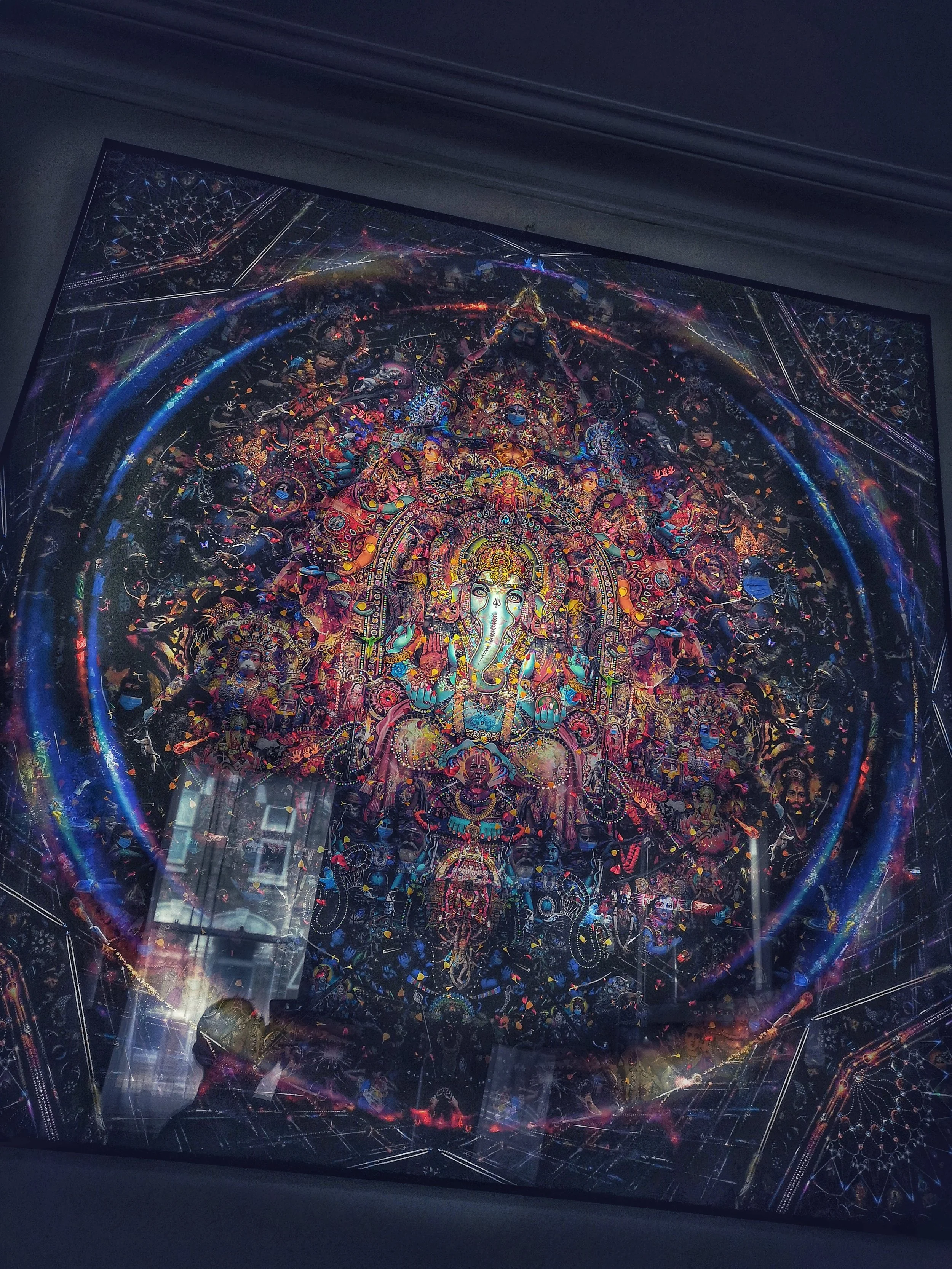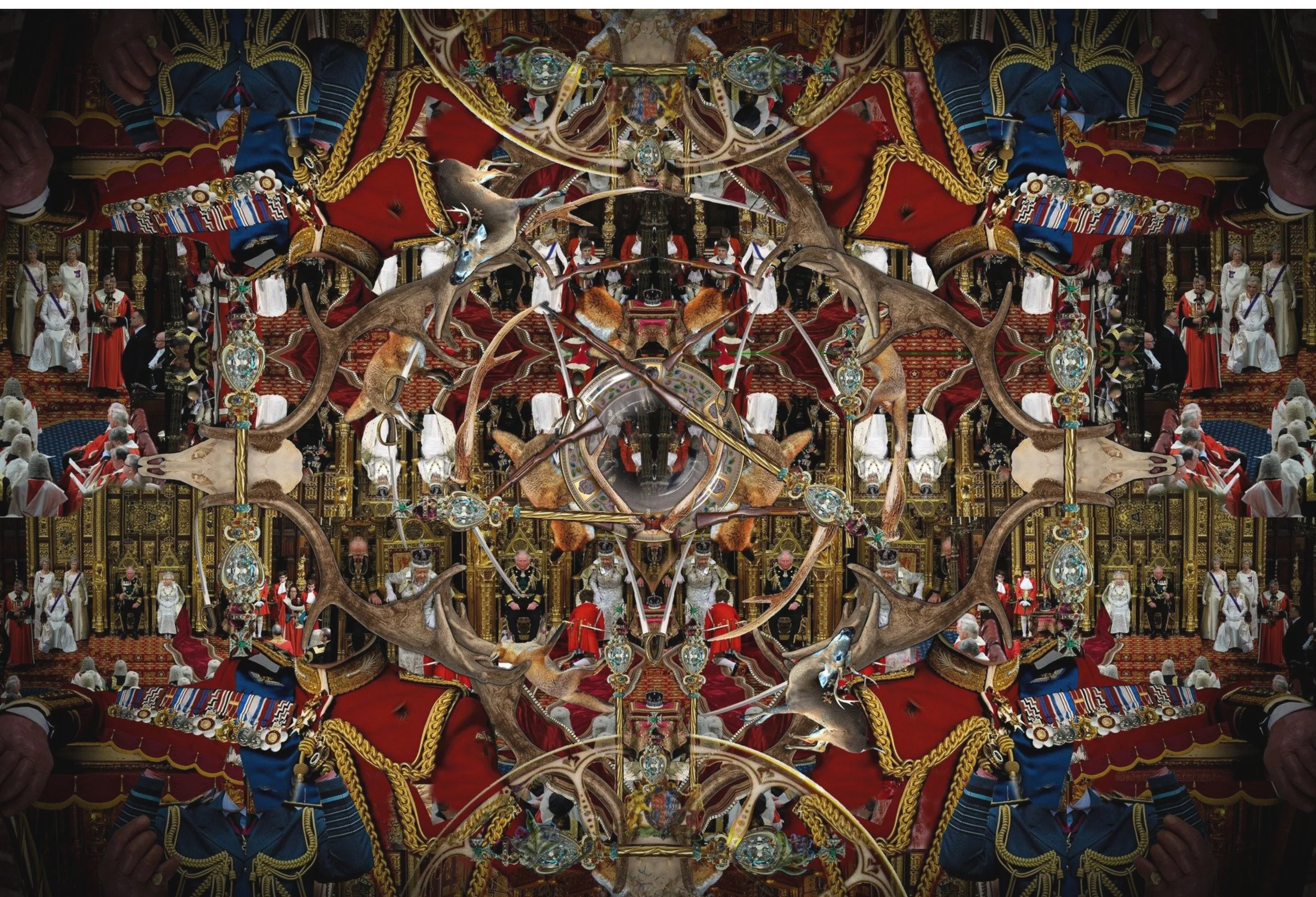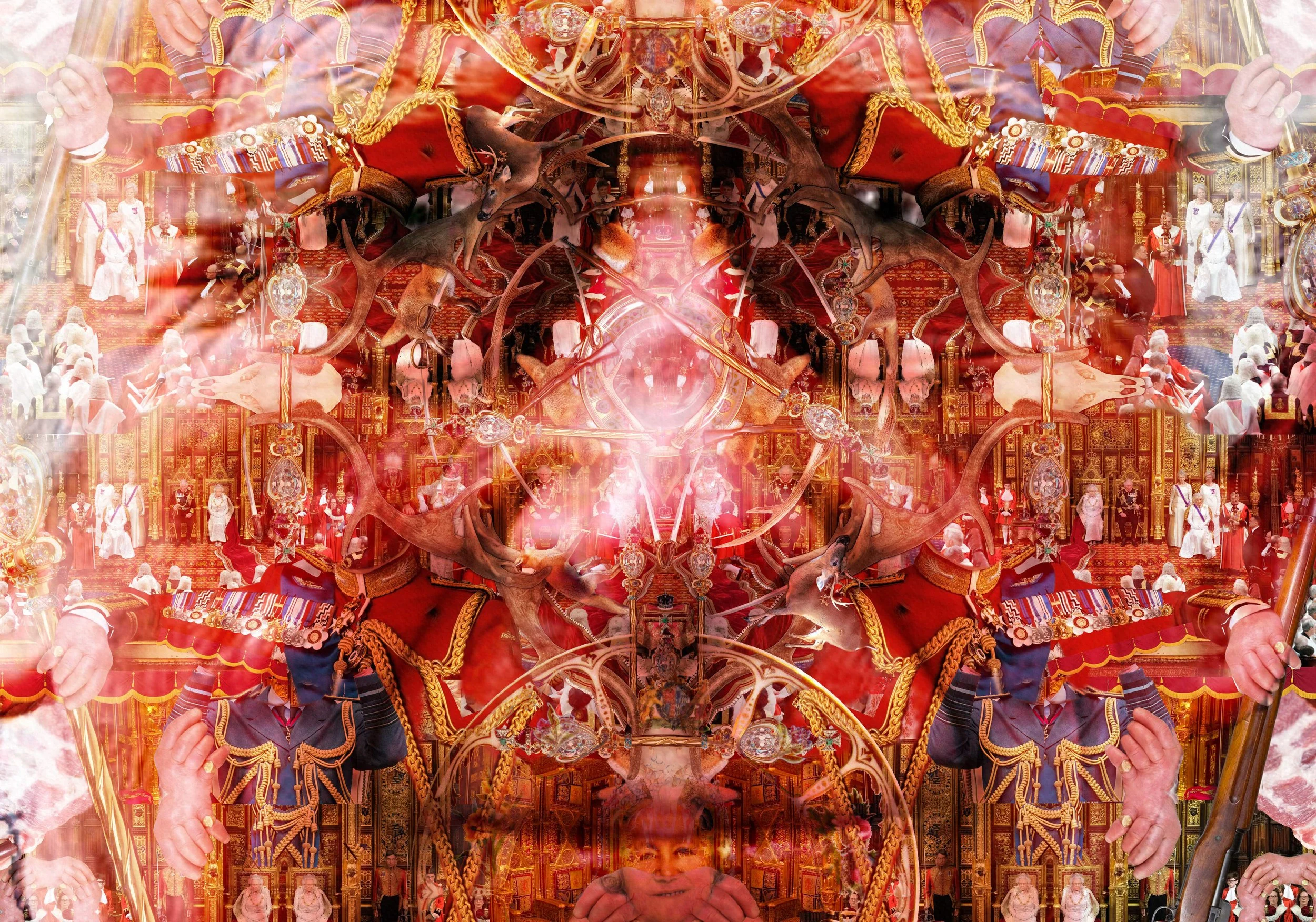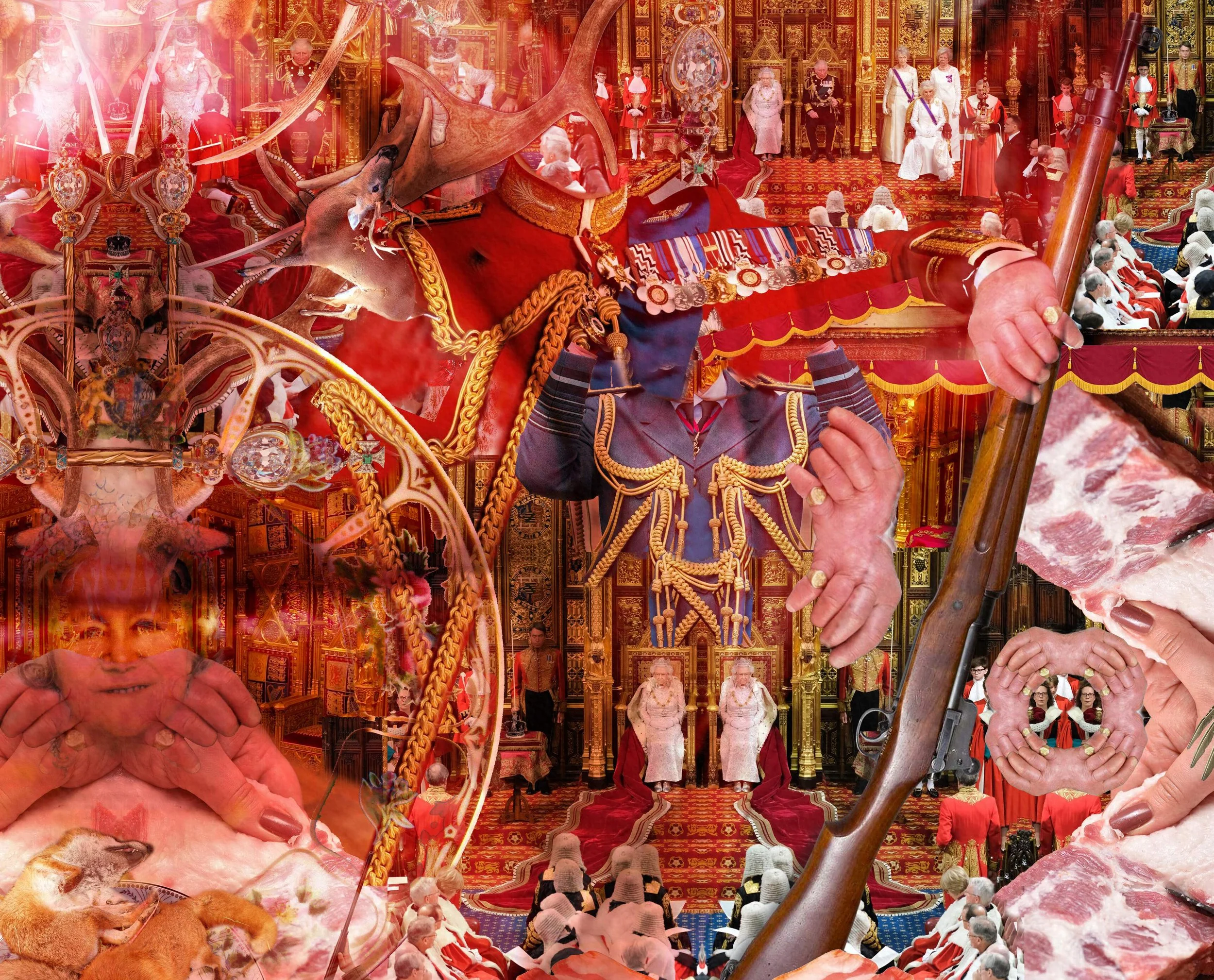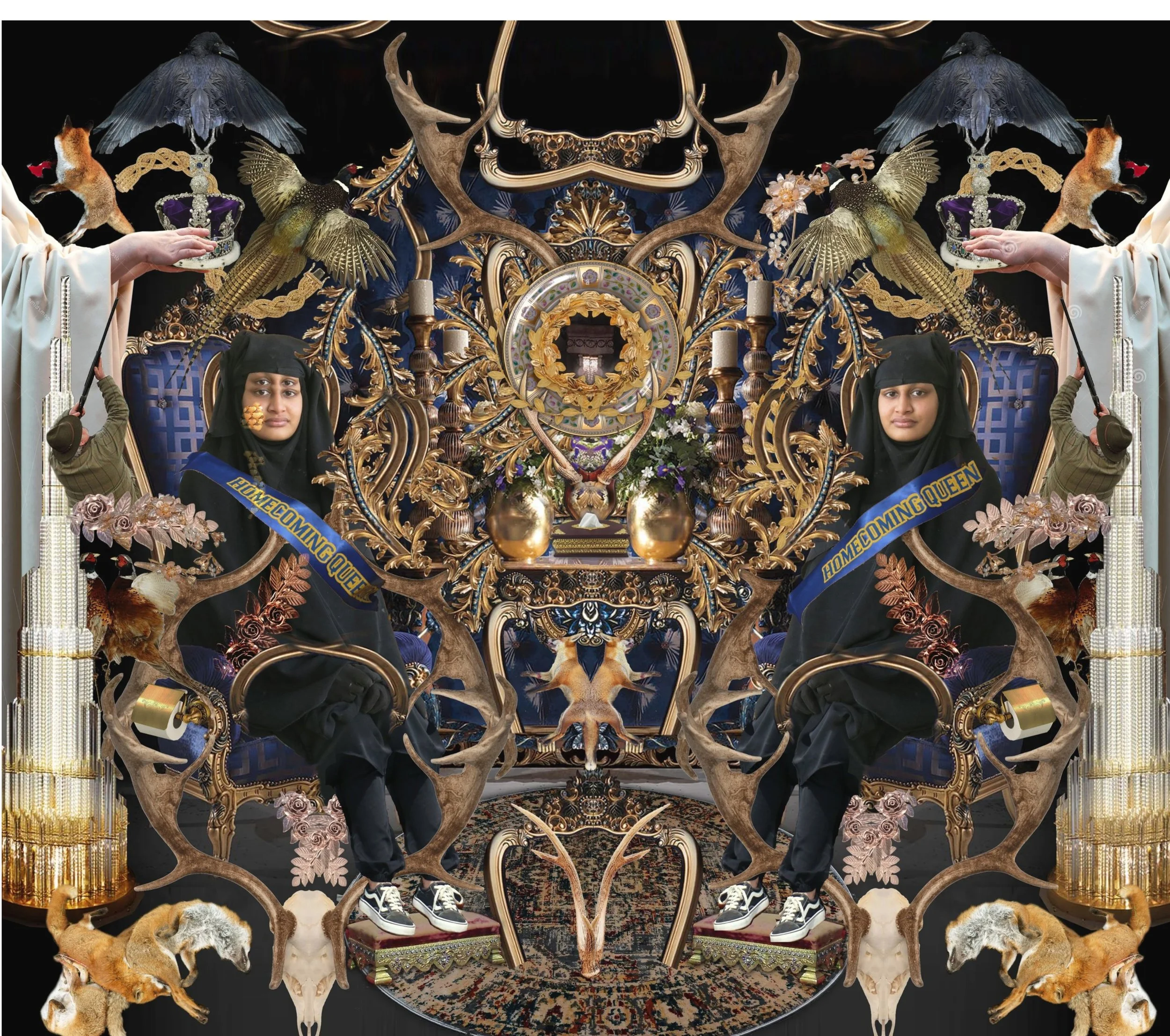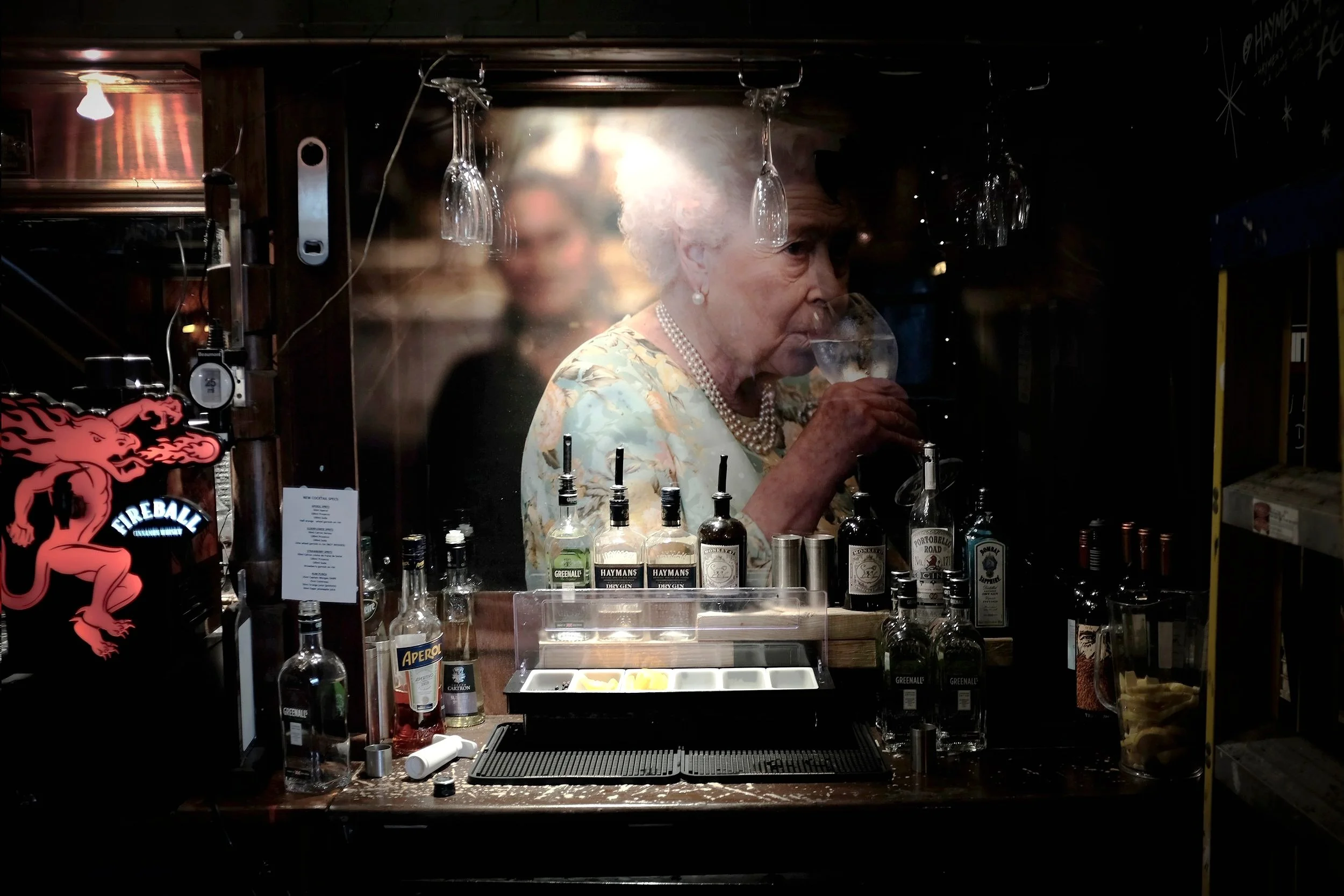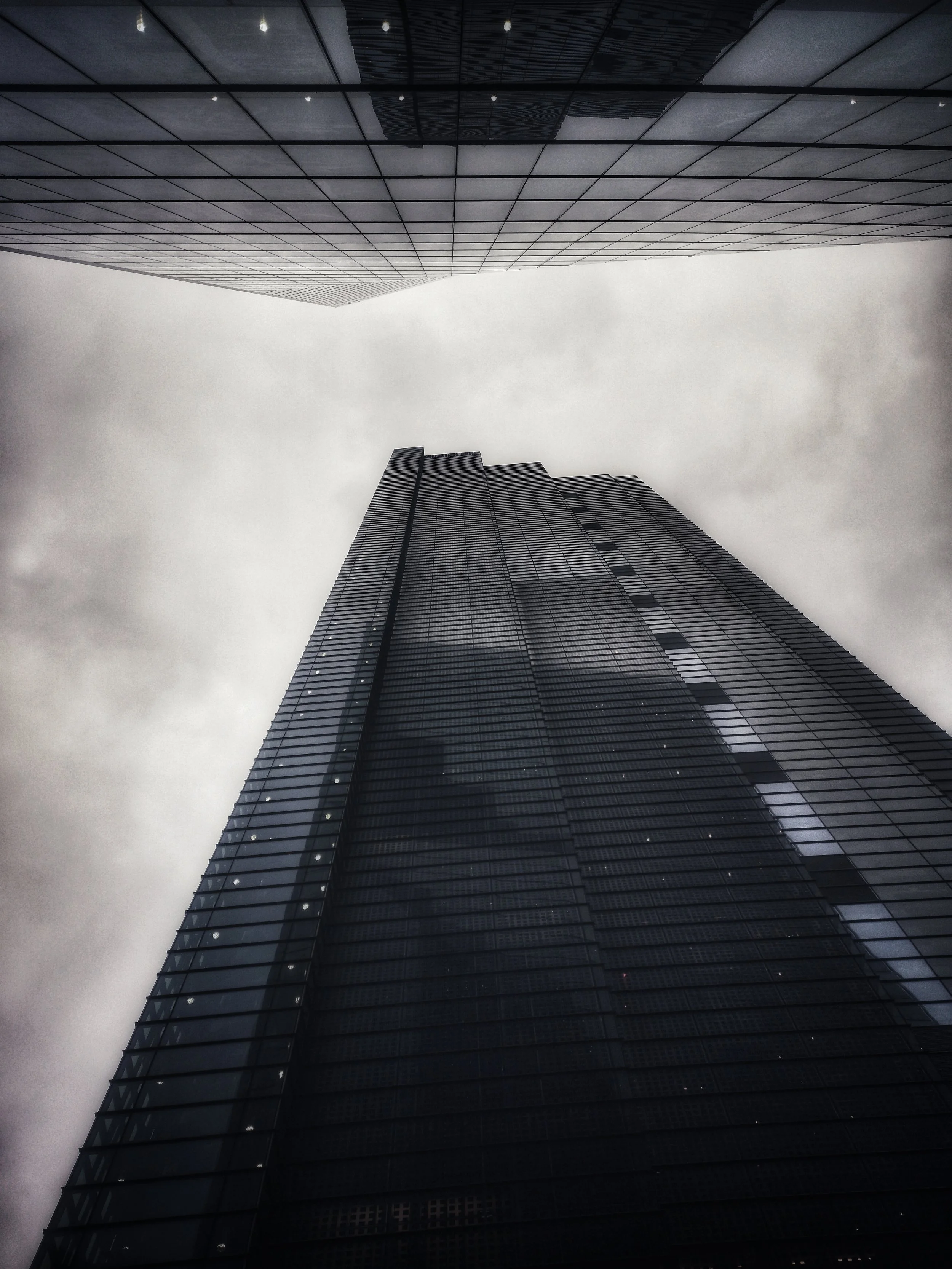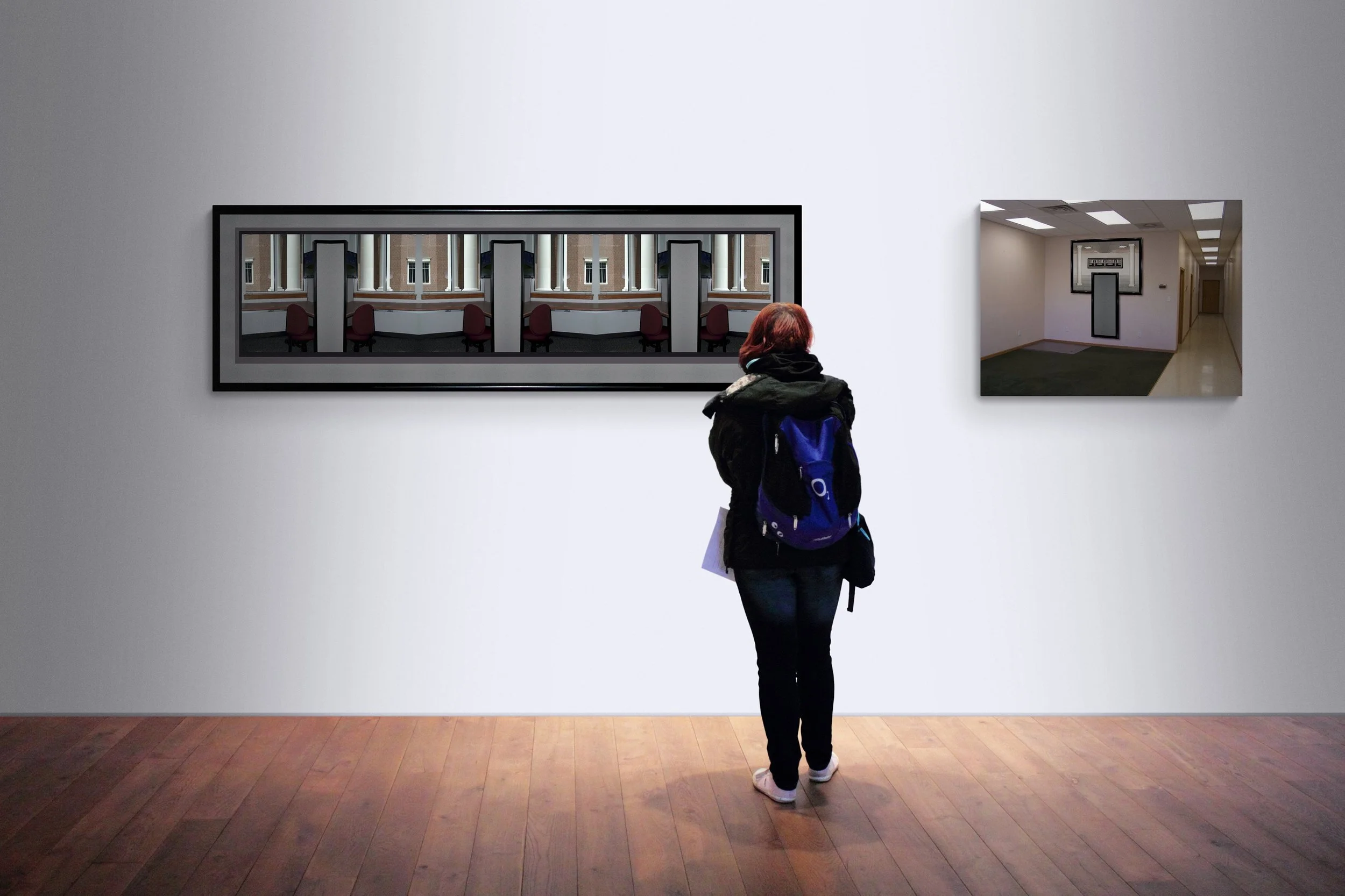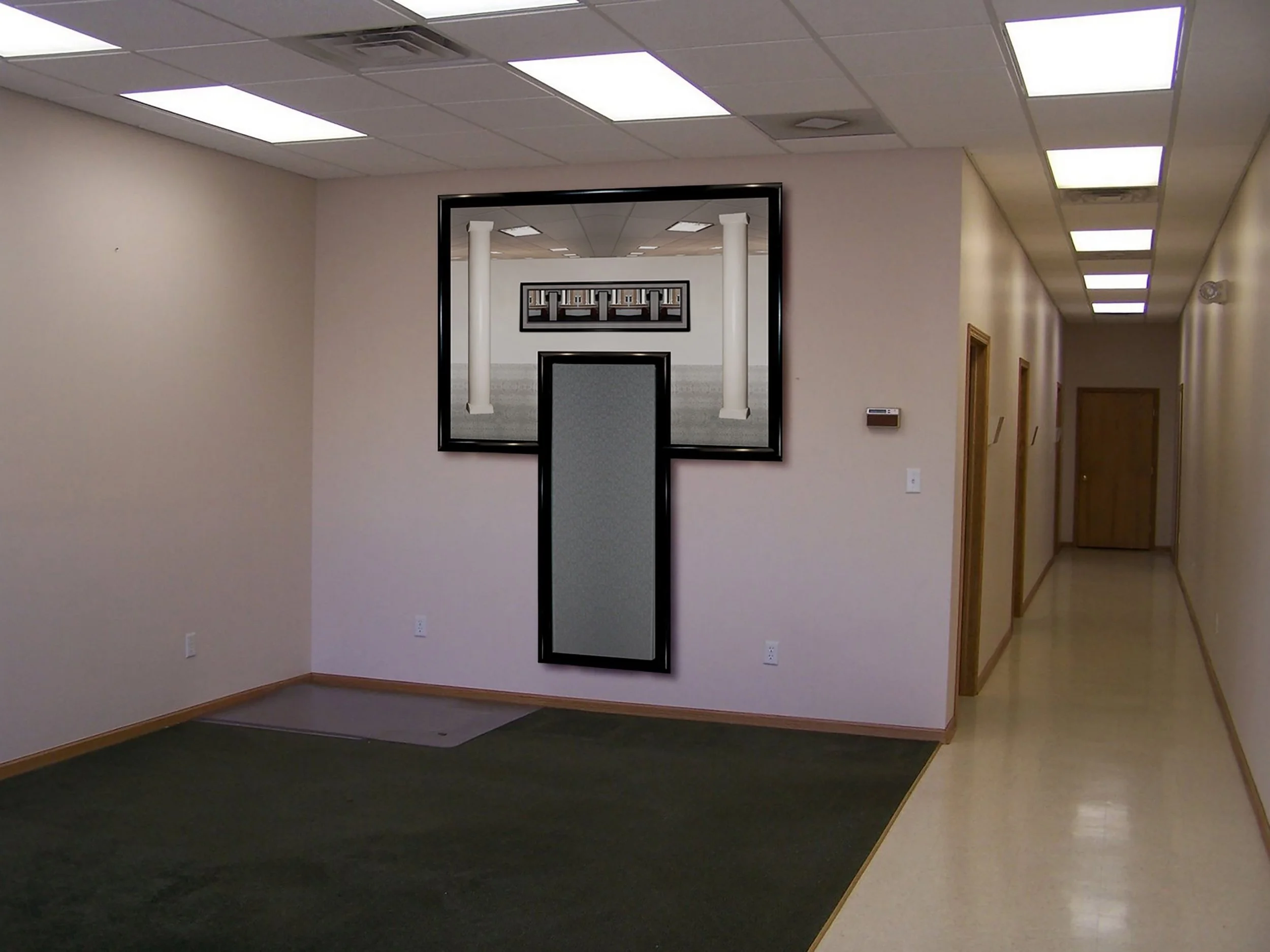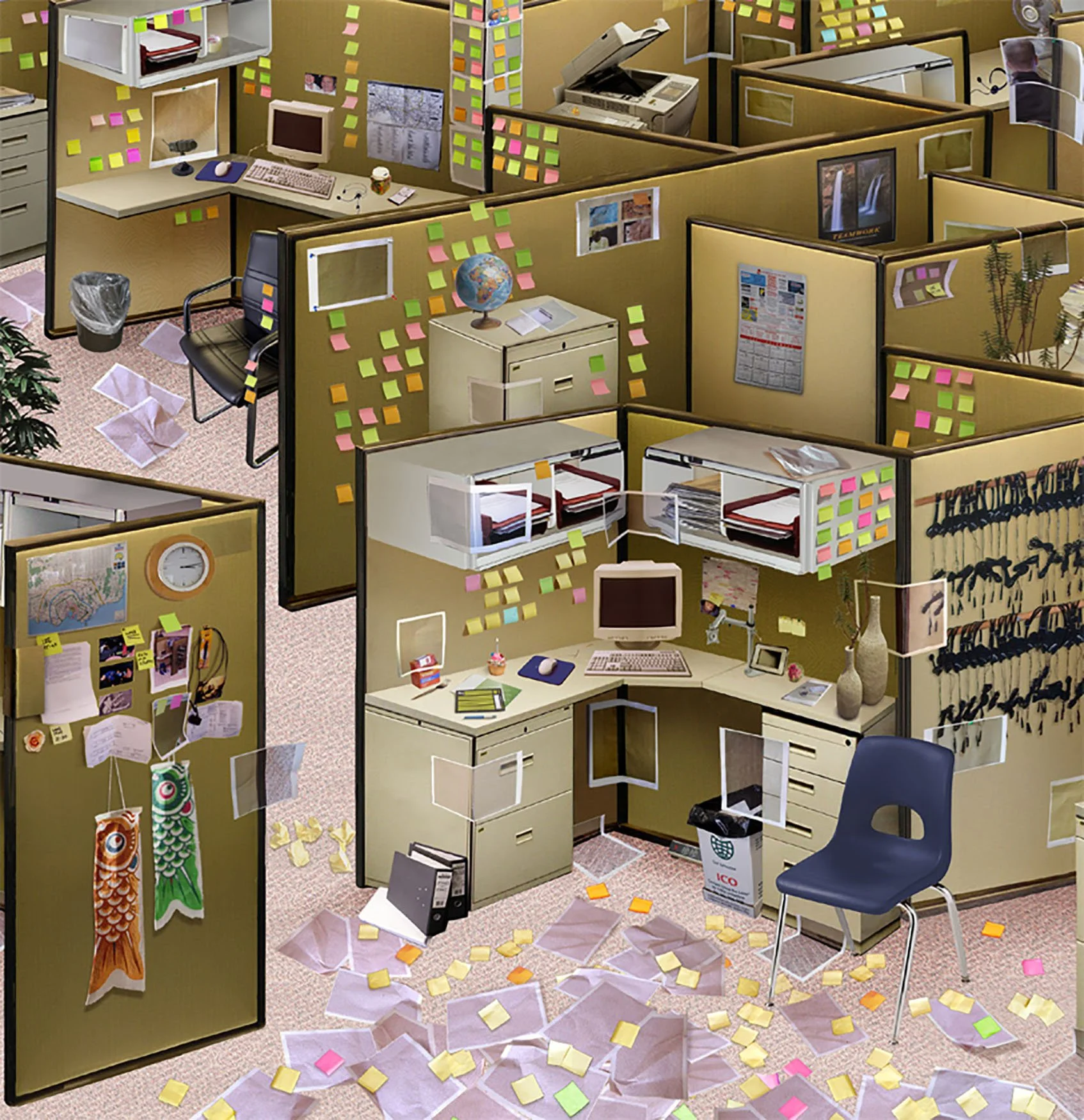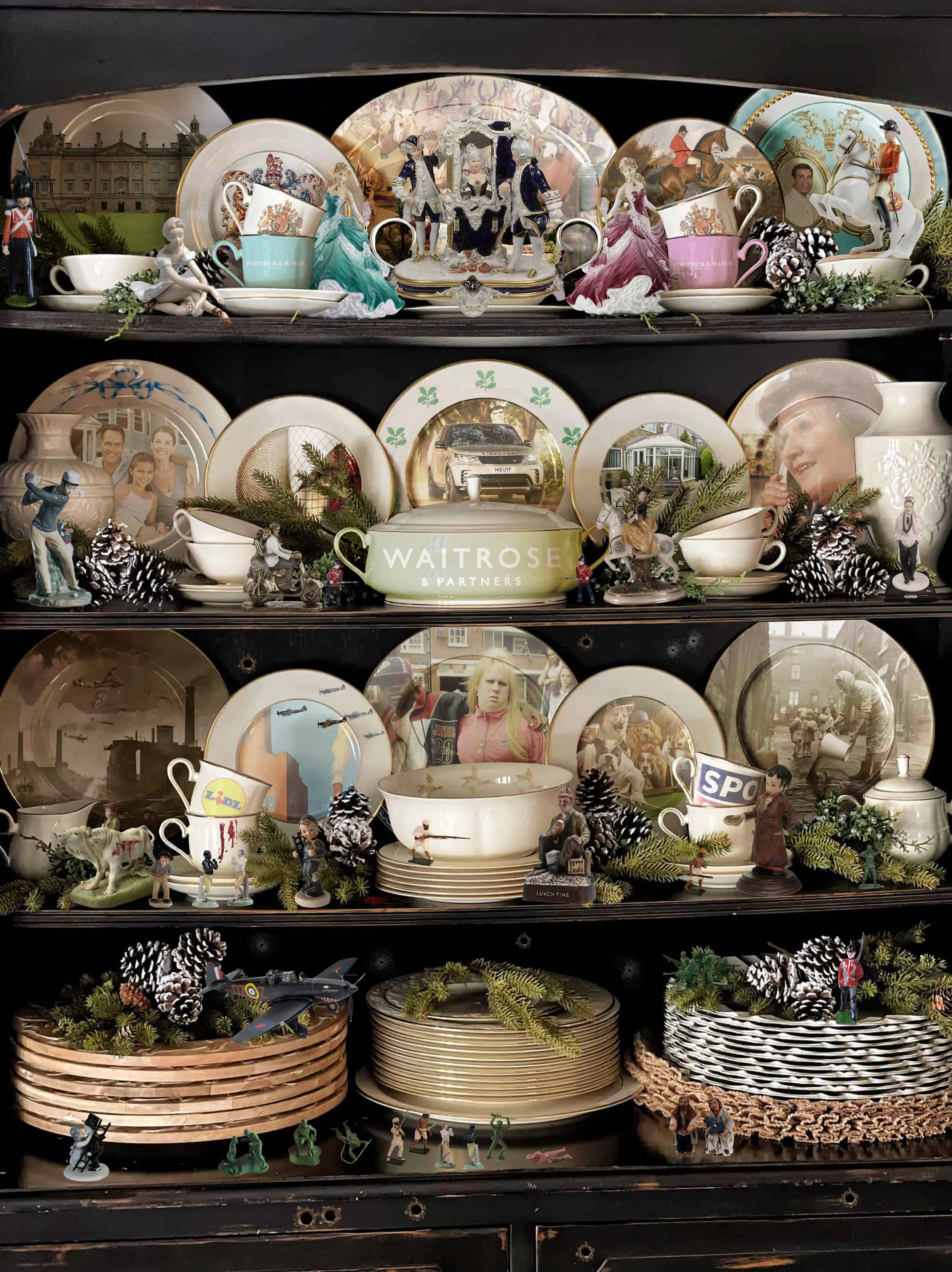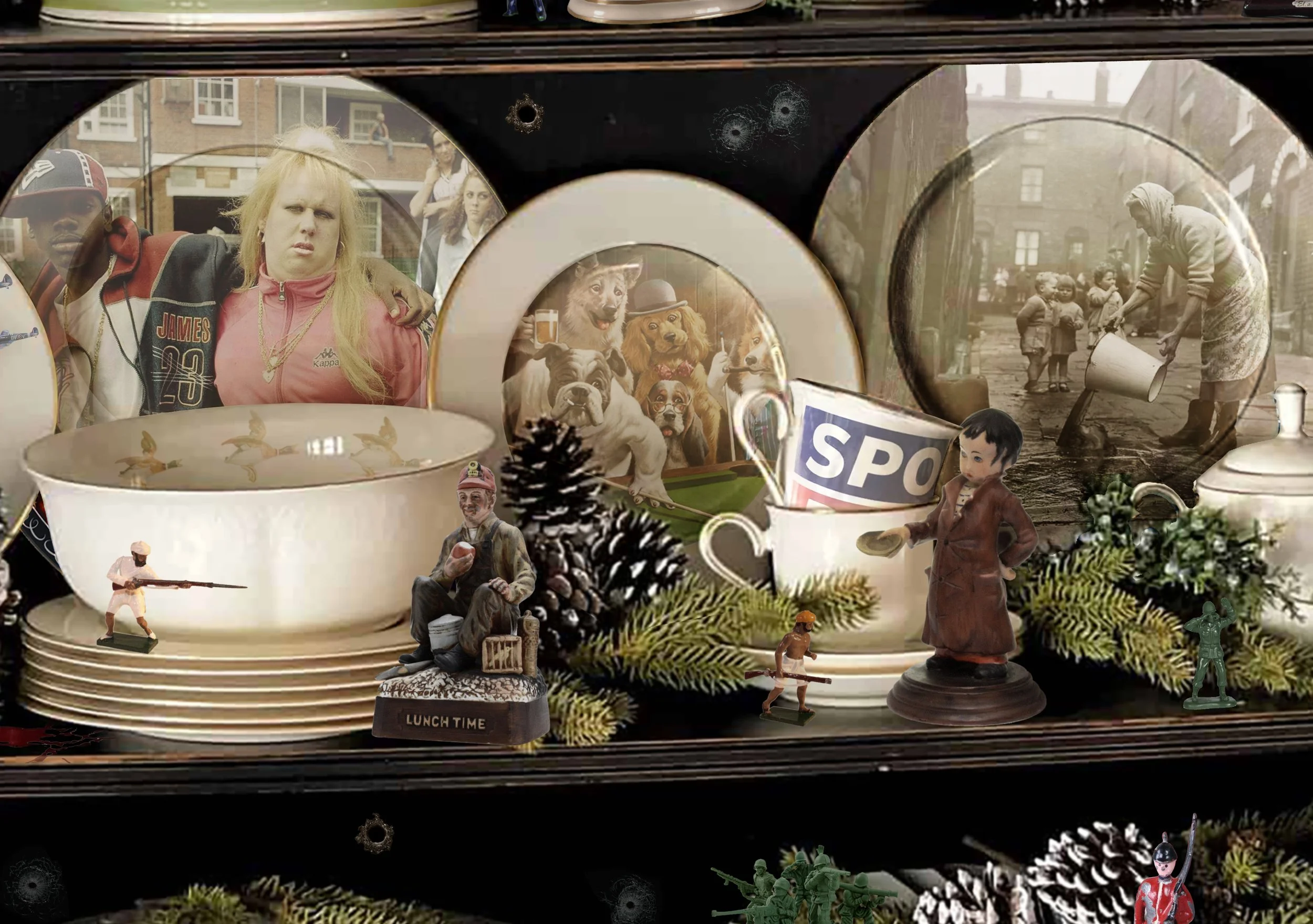“You're obliged to pretend respect for people and institutions you think absurd. You live attached in a cowardly fashion to moral and social conventions you despise, condemn, and know lack all foundation. It is that permanent contradiction between your ideas and desires and all the dead formalities and vain pretenses of your civilization which makes you sad, troubled and unbalanced. In that intolerable conflict you lose all joy of life and all feeling of personality, because at every moment they suppress and restrain and check the free play of your powers. That's the poisoned and mortal wound of the civilized world.”
Octave Mirbeau - ‘The Torture Garden’ (1899)
Christ Crucified between the Two Thieves: The Three Crosses. Rembrandt (Rembrandt van Rijn) (Dutch, Leiden 1606–1669 Amsterdam). 1653
“For the project is the prison from which I wish to escape”
Georges Bataille - ‘Inner Experience’ (1943)
"Modernization puts to a close the pre-industrial notion that experience is a unified and coherent whole, subject to diverse symbolic representation although in the end bound to repeat itself. It brings this vision of an essential, eternal and basically unchangeable history to a screeching halt, proposing instead a vision of linear progression where cause and effect follow one another in a neat and orderly – that is, mechanical – way. However, the traditional, cyclic view of history doesn’t altogether disappear. It remains in the background as a vague referent of a continuum denied by modernity, floating in a collective memory that craves nostalgically for an experience of wholeness that is no longer possible, and in a notion of art that seeks distinction from everyday living – a split unthinkable for tradition – situating itself within the aureatic realm. More than anywhere else, mythical time remains in the infinite replicas of those objects, souvenirs, which sought to retain the enchanted halo by blast-freezing it until it shattered into a thousand fragments. Kitsch is these scattered fragments of the aura, traces of dream images turned loose from their matrix, multiplied by the incessant beat of industrialization, covering the emptiness left by both the aura’s demise and modernity’s failure to deliver its promise of a radiant future.”
Celeste Olalquiaga – ‘The Artificial Kingdom’ University of Minnesota Press (2002) p.64
“Junk is the ideal product... the ultimate merchandise. No sales talk necessary. The client will crawl through a sewer and beg to buy.”
William S. Burroughs
“The grid is “a minimal structure at a low level of order,” conveying…“the emptiness of homogeneity.””
Rudolf Arnheim, Entropy and Art: An Essay on Order and Disorder (Berkeley and London: University of California Press, 1974),
“Pachinko, like all gambling, is rigged. The house always wins. It's a central metaphor of life. It's rigged, but you keep playing.”
Min Jin Lee
“Idolatry is really not good for anyone. Not even the idols.”
John Bach
“Virginity can be lost by a thought.”
St. Jerome
"Until we have courage to recognize cruelty for what it is - whether its victim is human or animal - we cannot expect things to be much better in the world. There can be no double standard. We cannot have peace among men whose hearts find delight in killing any living creature. By every act that glorifies or even tolerates such moronic delight in killing, we set back the progress of humanity.”
Rachel Carson
““Pink makes everything fabulous.”
Barbie
“There's so much plastic in this culture that vinyl leopard skin is becoming an endangered synthetic.”
Lily Tomlin
“I’d have a longer attention span if there weren’t so many shiny things”
Darynda Jones
“The pharmaceutical industry likes to depict itself as a research-based industry, as the source of innovative drugs. Nothing could be further from the truth. This is just their incredible PR and their nerve.”
Marcia Angell
"I can't help myself around candy; it calls to me like sirens to a sailor."
Jasmine Guinness
"We live on a placid island of ignorance in the midst of black seas of infinity, and it was not meant that we should voyage far. "
H.P. Lovecraft
“India teaches me again and again, that the categories into which I try to divide things don’t hold up."
Dena Moes
“Sunsets are proof that endings can often be beautiful too."
Beau Taplin
“The first thing religion taught me is that God requires cash”
Anon
“The very notion of a royal family is an insult to humanity”
Anon.
“Poverty always looks the same, no matter where you come across it. The rich can always express their opulence by varying their lives. Different houses, clothes, cars. Or thoughts, dreams.
But for the poor there is nothing but compulsory grayness, the only form of expression available to poverty.”
Henning Mankell
Gallery view of assorted framed photographic prints, various dates and dimensions.
Depicted (from left to right) ‘The Immaculate Deception”, “HRH SE15”, “Make-Believe” and “Class War Display Cabinet”
Gallery view of assorted framed photographic prints, various dates and dimensions.
Depicted (from left to right) “Workstations”, “In/Out (Again)” and “On Standby”.
“The simulacrum is never what hides the truth - it is truth that hides the fact that there is none. The simulacrum is true.”
Jean Baudrillard (1981) “Simulacra and Simulation.‟ University of Michigan Press (2004), p.1
"History always repeats itself twice: first as tragedy, second time as farce”
Karl Marx (1852) “Selected Writings” Oxford University Press, USA; 2nd edition (2000), p.379
"The more our daily life appears standardised, stereotyped and subject to an accelerated reproduction of objects of consumption, the more art must be injected into it in order to extract from it that little difference which plays simultaneously between other levels of repetition, and even in order to make the two extremes resonate - namely, the habitual series of consumption and the instinctual series of destruction and death. Art thereby connects the tableau of cruelty with that of stupidity, and discovers underneath consumption a schizophrenic clattering of jaws, and underneath the most ignoble destructions of war, still more processes of consumption"
Deleuze (1994) Difference and repetition –New York: Columbia Press, p.365
“Some of the same people who profess to be repelled by the monotonous rows of identical human dwellings in so-called subdivisions, seem to admire rows of identical boxes in art galleries.”
Rudolf Arnheim, Entropy and Art: An Essay on Order and Disorder (Berkeley and London: University of California Press, 1974), 52
“Man is not only homo sapiens or homo ludens, he is also also homo faber, the maker and user of objects, his self to a large extent a reflection of things with which he interacts. Thus objects also make and use their makers and users.”
Milahy Csikszentmihalyi & Eugene Rochberg-Halton, “The Meaning of Things‟ - Cambridge University Press (1981) p.1
“The powerful tendency toward increasing uniformity of lifestyle, which is today encouraged by the capitalist interest in the “standardization” of production, has its spiritual basis in the rejection of the “worship of the creature”.
Max Weber (1905) The Protestant Ethic and the Spirit of Capitalism. Dover Publications Inc. NewYork (2001)
